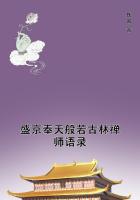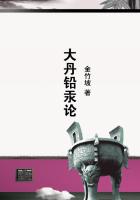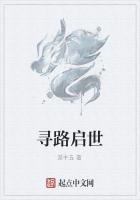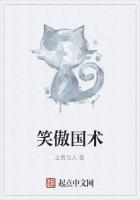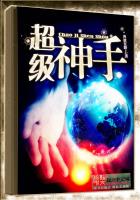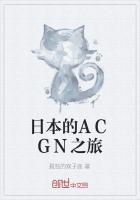Delivered to the Students of the Royal Academy on the Distribution of the Prizes, December, 14, 1770, by the President Gentlemen,--It is not easy to speak with propriety to so many studentsof different ages and different degrees of advancement.The mind requires nourishment adapted to its growth; and what may have promoted our earlier efforts, might, retard us in our nearer approaches to perfection.
The first endeavours of a young painter, as I have remarked in a former discourse, must be employed in the attainment of mechanical dexterity, and confined to the mere imitation of the object before him.Those who have advanced beyond the rudiments, may, perhaps, find advantage in reflecting on the advice which I have likewise given them, when I recommended the diligent study of the works of our great predecessors; but I at the same time endeavoured to guard them against an implicit submission to the authority of any one master, however excellent; or by a strict imitation of his manner, to preclude ourselves from the abundance and variety of nature.I will now add that nature herself is not to be too closely copied.There are excellences in the art of painting, beyond what is commonly called the imitation of nature: and these excellences I wish to point out.The students who, having passed through the initiatory exercises, are more advanced in the art, and who, sure of their hand, have leisure to exert their understanding, must now be told that a mere copier of nature can never produce anything great; can never raise and enlarge the conceptions, or warm the heart of the spectator.
The wish of the genuine painter must be more extensive: instead of endeavouring to amuse mankind with the minute neatness of his imitations, he must endeavour to improve them by the grandeur of his ideas; instead of seeking praise, by deceiving the superficial sense of the spectator, he must strive for fame, by captivating the imagination.
The principle now laid down, that the perfection of this art does not consist in mere imitation, is far from being new or singular.It is, indeed, supported by the general opinion of the enlightened part of mankind.
The poets, orators, and rhetoricians of antiquity, are continually enforcing this position, that all the arts receive their perfection from an ideal beauty, superior to what is to be found in individual nature.They are ever referring to the practice of the painters and sculptors of their times, particularly Phidias (the favourite artist of antiquity), to illustrate their assertions.As if they could not sufficiently express their admiration of his genius by what they knew, they have recourse to poetical enthusiasm.They call it inspiration; a gift from heaven.The artist is supposed to have ascended the celestial regions, to furnish his mind with this perfect idea of beauty."He," says Proclus, "who takes for his model such forms as nature produces, and confines himself to an exact imitation of them, will never attain to what is perfectly beautiful.For the works of nature are full of disproportion, and fall very short of the true standard of beauty.So that Phidias, when he formed his Jupiter, did not copy any object ever presents to his sight; but contemplated only that image which he had conceived in his mind from Homer's description." And thus Cicero, speaking of the same Phidias: "Neither did this artist," says he, "when he carved the image of Jupiter or Minerva, set before him any one human figure as a pattern, which he was to copy; but having a more perfect idea of beauty fixed in his mind, this he steadily contemplated, and to the imitation of this all his skill and labour were directed.
The moderns are not less convinced than the ancients of this superior power existing in the art; nor less conscious of its effects.Every language has adopted terms expressive of this excellence.The Gusto grande of the Italians; the Beau ideal of the French and the GREAT STYLE, GENIUS, and TASTE among the English, are but different appellations of the same thing.It is this intellectual dignity, they say, that ennobles the painter's art; that lays the line between him and the mere mechanic; and produces those great effects in an instant, which eloquence and poetry, by slow and repeated efforts, are scarcely able to attain.
Such is the warmth with which both the ancients and moderns speak of this divine principle of the art; but, as I have formerly observed, enthusiastic admiration seldom promotes knowledge.Though a student by such praise may have his attention roused, and a desire excited, of runningin this great career, yet it is possible that what has been said to excite, may only serve to deter him.He examines his own mind, and perceives there nothing of that divine inspiration with which he is told so many others have been favoured.He never travelled to heaven to gather new ideas; and he finds himself possessed of no other qualifications than what mere common observation and a plain understanding can confer.Thus he becomes gloomy amidst the splendour of figurative declamation, and thinks it hopeless to pursue an object which he supposes out of the reach of human industry.
But on this, as upon many other occasions, we ought to distinguish how much is to be given to enthusiasm, and how much to reason.We ought to allow for, and we ought to commend, that strength of vivid expression which is necessary to convey, in its full force, the highest sense of the most complete effect of art; taking care at the same time not to lose in terms of vague admiration that solidity and truth of principle upon which alone we can reason, and may be enabled to practise.


